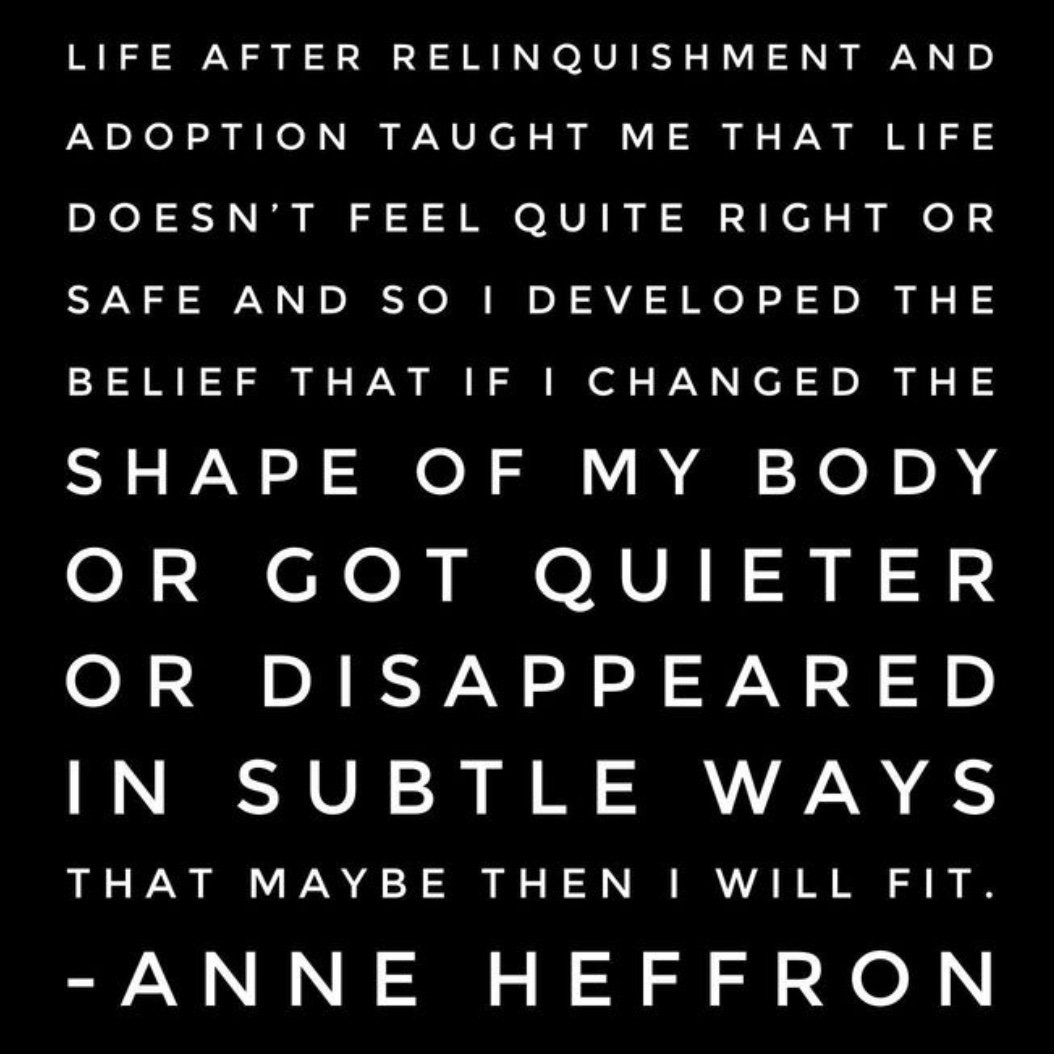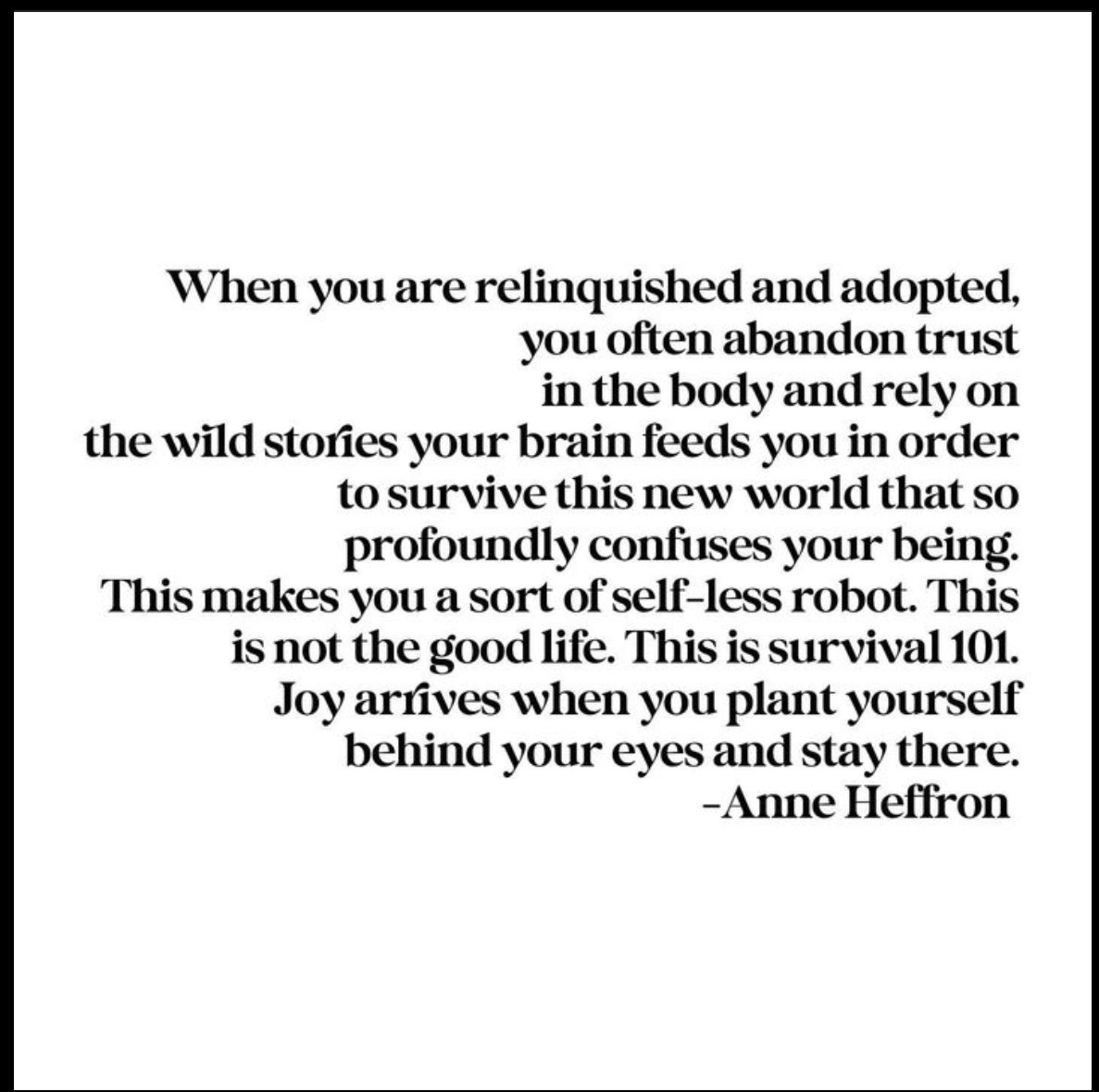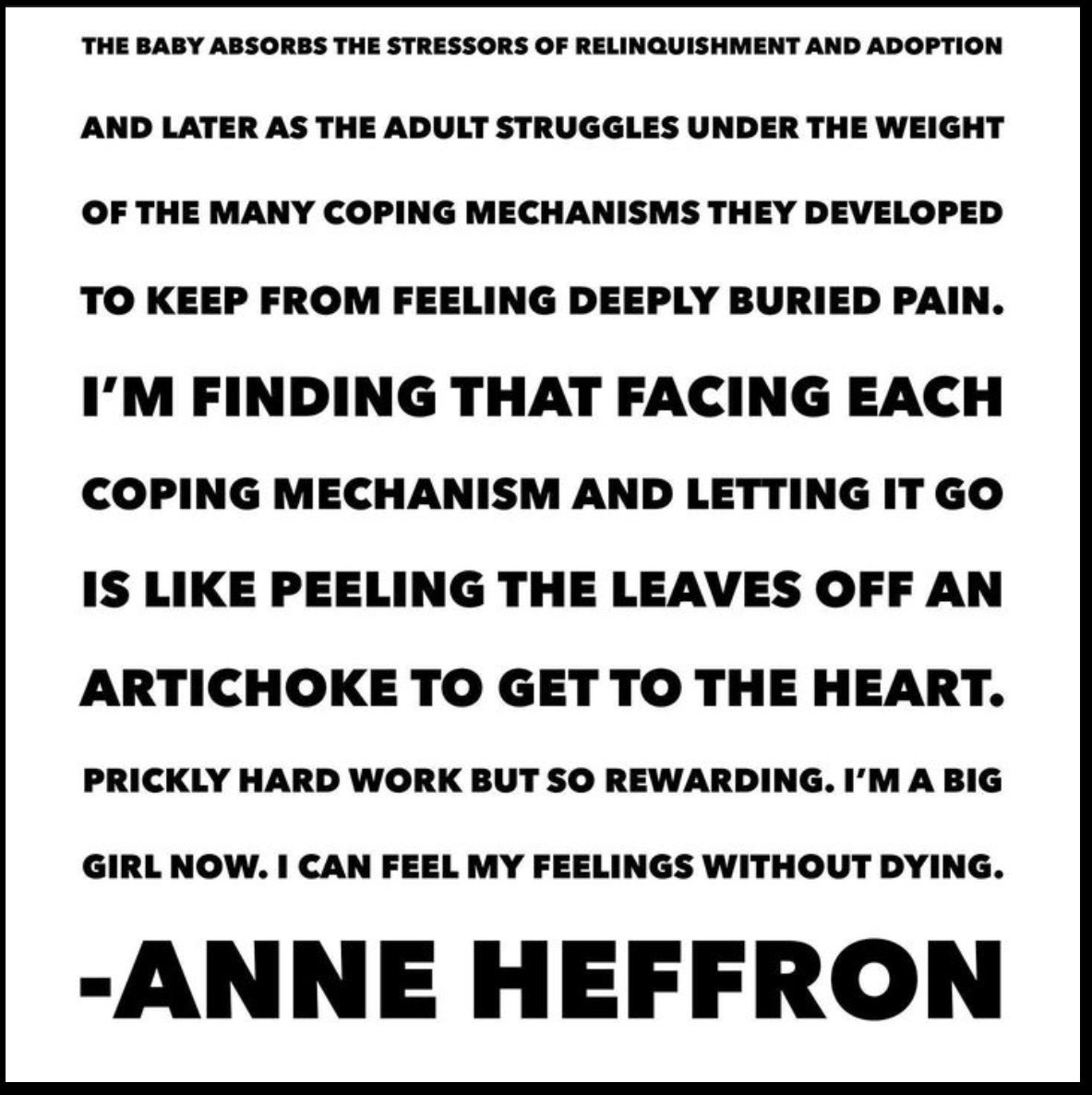the invisible identity
Lived experience matters. I believe adoptees are a marginalized and often silenced community. As a domestic infant adoptee part of a closed adoption, I have felt different, invisible, and misunderstood. Does this resonate with you? If you identify as an adoptee and are looking for nutrition therapy from someone who shares a similar identity, I would be honored to support you. I invite you to consider what it would be like to receive support from someone who speaks your language. I welcome honesty, authenticity, and all the nuance that comes with being adopted.
Adoptees often struggle with:
depression
anxiety
complex post-traumatic stress disorder (c-PTSD)
disenfranchised grief
loneliness
And these 3 P’s:
people pleasing
perfectionism
performance-orientation
If you’re thinking…Rebecca, you’re not a therapist, what does this have to do with nutrition?
Great question! The feelings, traits, behaviors, and struggles I have named impact the way humans experience the world and their bodies. Research consistently indicates a correlation between trauma and eating disorders. Read on:
Feelings of loss of control, helplessness, and hopelessness, a core element of PTSD, can unconsciously morph into wanting more overt control over the body (e.g. through eating more or less, moving more or less, eating or not eating certain foods).
Nervous system dysregulation can result in symptoms like loss of appetite, nausea, constipation, and diarrhea, all of which can make it hard to eat adequately and peacefully.
Underlying a desire to control weight or shape is often a yearning for belonging, connection, and love.




